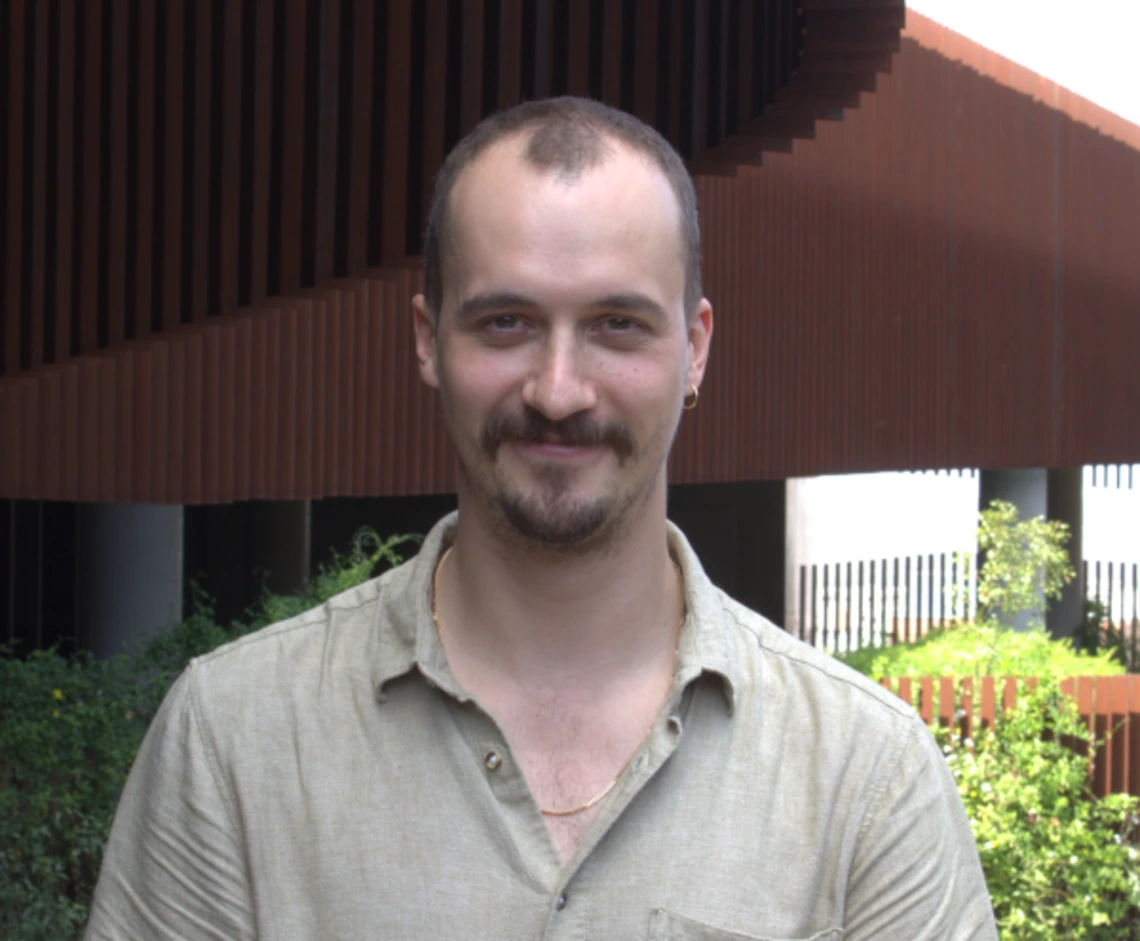RECESS - with Patrick Bunn, PhD, Research Scientist - Power Forecasting Group

When
Where
Join the Institute for Energy Solutions on Friday, September 8, 2023 in room S215 of the ENR2 building, 1064 E. Lowell St., Tucson, AZ 85719
About the Power Forecasting Group:
The University of Arizona’s Power Forecasting Group (PGF) creates high-resolution weather and power forecasts for electric utility companies in the Southwest United States. We provide operational power forecasts for more than 3.5 Gigawatts of solar and wind generation.
The PFG serves forecasts at different scales for specific end-users: long-range multi-day forecasts for wholesale energy schedulers, day-ahead forecasts for energy marketers, and intraday forecasts for real-time traders. Grid operators need forecasts across the fleet of generation resources at all the above timescales. An important aspect of all these forecasts is that they present not just a single number, but a range of outcomes that are derived from multiple runs of our customized high-resolution weather model which is run at staggered start times with different initialization data. The spread of the range of outcomes provides an uncertainty estimate for the power forecast, which is crucial to effective decision-making from forecasts from variable energy resources. Using our forecasts, utilities can improve energy market trading strategies, schedule more efficient generators, reduce costs, defer maintenance, and optimize the use of battery energy storage systems.
We have collaborated with various regional utilities since 2014 to build a comprehensive power forecast system that is competitive with the best-performing forecasts from commercial vendors. Our current sponsors are Arizona Public Service, Tucson Electric Power, Salt River Project, and Atlantica Yield. In the past, we have worked with Idaho Power Corporation and Public Service Company of New Mexico.
The regional utility companies that sponsor our work not only enable research and development of the forecast system but benefit from shared information for solutions to common and future forecasting problems. Ultimately, such benefits lead us all to improved power forecasts. In this seminar, we will cover our current forecasting methods and ongoing research including developing forecasts for co-located photovoltaic and battery energy storage systems (PV-BESS) and improving day-ahead forecasts by assimilating hub-height wind speed observations to address forecast underestimations during low-level jet events.
Reception starts at 11:30 a.m. with refreshments. The presentation will begin at 12:10 p.m.
Unable to join in person? A live broadcast of the event will also be available.
